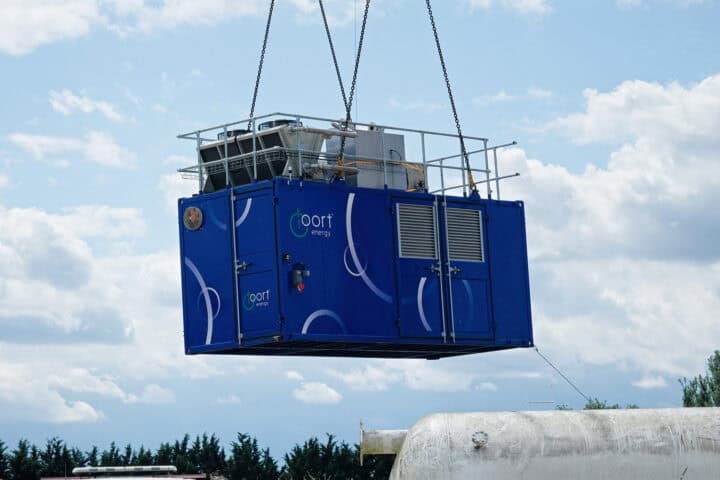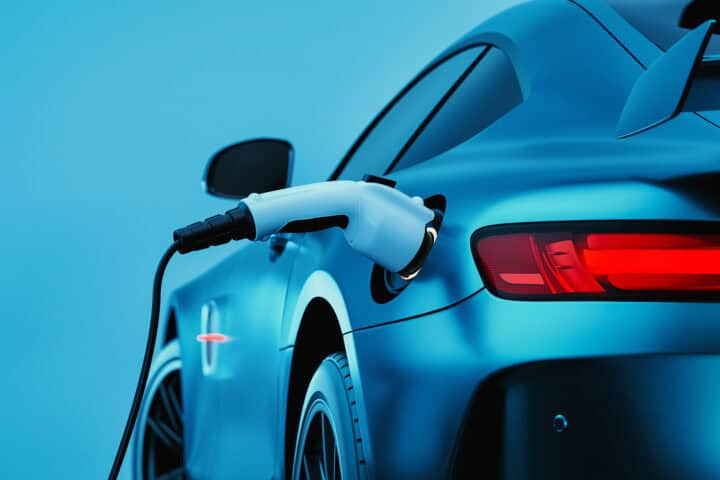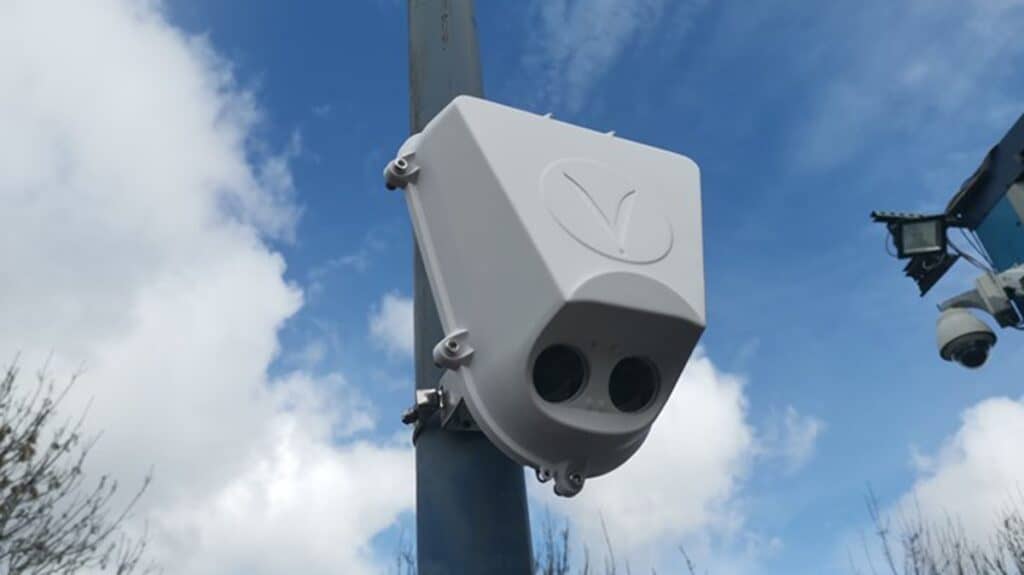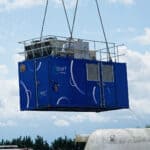The Battery Metals Association of Canada (BMAC) is pushing back against recent concerns about declining electric vehicle (EV) sales, highlighting the nation’s thriving battery metals sector and promising future developments. With a solid foundation built on natural resources, expertise, and significant investment from both the government and private sector, Canada is positioning itself as a global leader in the battery metals market despite economic challenges and infrastructure concerns.
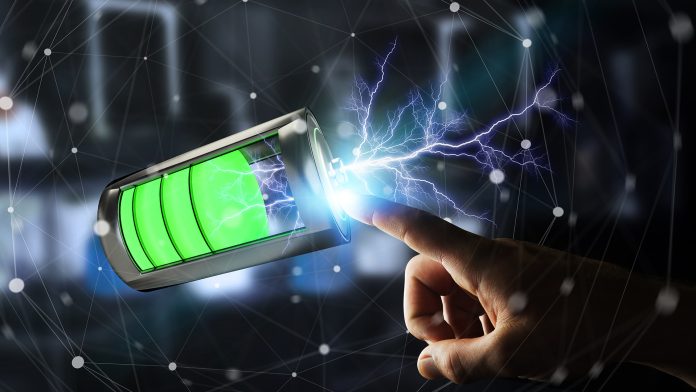
Growth and Opportunities in Canada’s Battery Metals Sector
Canada’s battery metals industry has flourished, driven by a robust supply chain that spans from mining to energy storage. Despite speculation about a slowdown in the EV market, data paints a different picture. According to Adamas Intelligence, EV sales have been on a steady rise, with a 12% month-over-month increase and a 22% year-over-year growth as of May. This trend indicates strong and sustained demand for the critical materials needed for battery production. Moreover, while EV sales are an important driver, the growth of the energy storage market in Canada also plays a key role in expanding demand for battery metals. Canada’s clean energy sources, such as nuclear and hydroelectric power, are increasing the need for efficient energy storage solutions, further fueling the battery metals sector.
Dominance of Lithium-Ion Batteries
Among the various energy storage technologies, lithium-ion batteries have emerged as the dominant player, thanks to their superior performance and versatility. These batteries are essential for both EVs and grid storage applications, and their widespread adoption continues to drive the demand for lithium and other key materials. While alternative chemistries, such as sodium or zinc-based systems, may gain traction in the future, lithium-ion batteries remain the industry standard.
Building a Complete Battery Metals Ecosystem
Canada’s wealth of essential minerals presents significant opportunities for development. However, there is a need to strengthen the country’s mineral processing capabilities to support domestic battery production. BMAC emphasizes the importance of building local processing facilities to transform raw minerals into battery-grade materials, reducing reliance on international processing. Several recent announcements of pre-CAM and CAM facilities mark progress in this area, and new battery gigafactories are being planned, creating further demand for materials and bolstering the entire value chain.
Government Support and Industry Collaboration
The Canadian government has played a pivotal role in supporting the battery metals industry. With a national Electric Vehicle Availability Standard mandating that all passenger vehicle sales be zero-emission by 2035, there is a clear market demand for batteries and EVs. The government has also made significant investments across the entire battery supply chain, working closely with industry to identify the best locations for processing facilities and other infrastructure. This collaboration aims to integrate various projects into a cohesive battery ecosystem that spans the country.
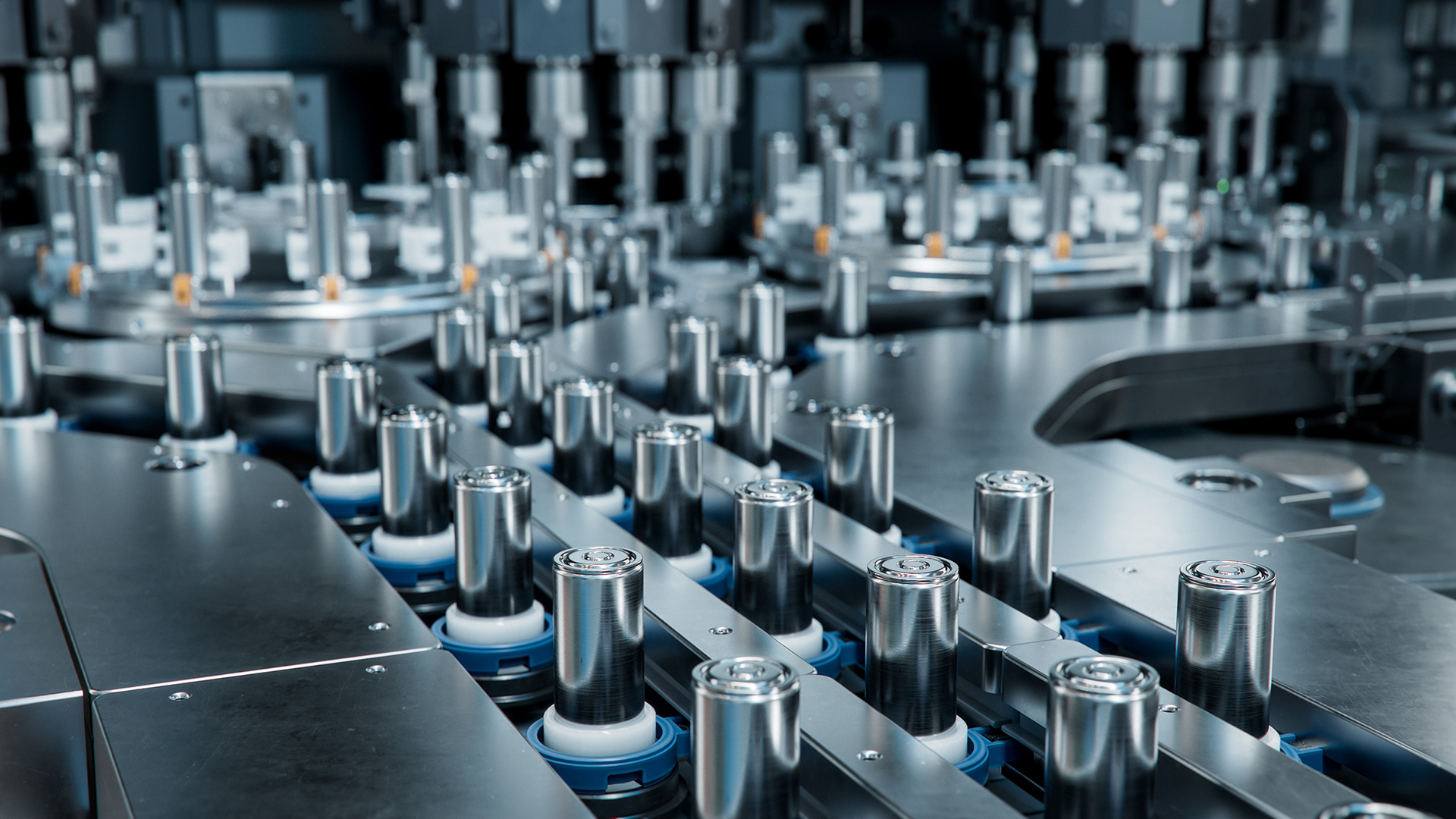
Expanding Canada’s Battery Metals Industry
BMAC is focused on strategic development across several key areas. One of its primary goals is to collaborate with industry experts to identify cost-effective and environmentally friendly methods for processing essential materials in Canada. Additionally, BMAC is exploring opportunities to develop battery hubs in Western Canada, leveraging the region’s lithium-brine projects and existing infrastructure to complement battery production efforts in Ontario and Quebec.
Crucially, BMAC is committed to fostering meaningful partnerships with Indigenous communities. Ensuring that Indigenous perspectives are integrated into the development of battery metals projects from the start is essential for building lasting relationships and ensuring the success of the industry.
Lessons from Other Energy Industries
Canada’s experience with the Alberta oil sands offers valuable lessons for the development of its battery metals industry. The success of the oil sands required close collaboration between industry and government, community involvement, and significant investment in research and development. Similarly, the extraction and processing of critical minerals for batteries will require the same level of cooperation and innovation. Canada’s established expertise in resource extraction and technological development positions it well to replicate this success in the battery metals sector.
Overcoming Challenges and Seizing Opportunities
While China currently dominates the global lithium-ion battery supply chain and EV production, Canada is well-positioned to emerge as a competitive alternative. The country’s abundance of natural resources, combined with strategic partnerships and a commitment to sustainable practices, provides a compelling advantage. Canada’s battery supply chain is already well-integrated with the U.S. market, and government support in the form of investments, tax incentives, and a favorable business environment is helping to strengthen the sector.
Furthermore, Canada’s skilled workforce, with its long history in mining, minerals processing, and manufacturing, offers a significant competitive edge. The country is determined to create a clean, low-carbon battery supply chain, which will set it apart from global competitors and solidify its position as a leader in the global energy transition.

Canada’s battery metals industry is poised for continued growth and success. With a strong foundation of resources, expertise, and collaboration, Canada is on track to become a global leader in the battery and EV supply chains, driving innovation and sustainability in the energy transition.


